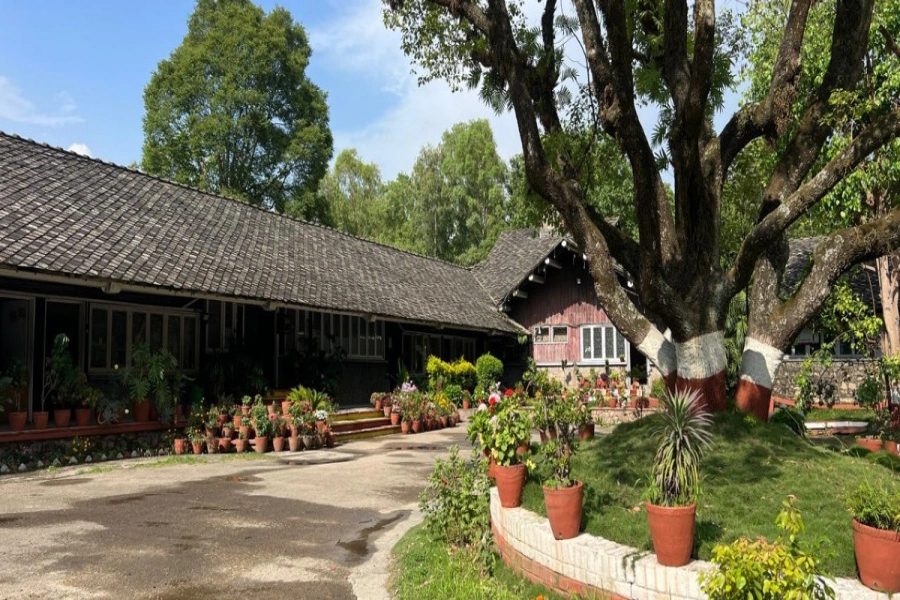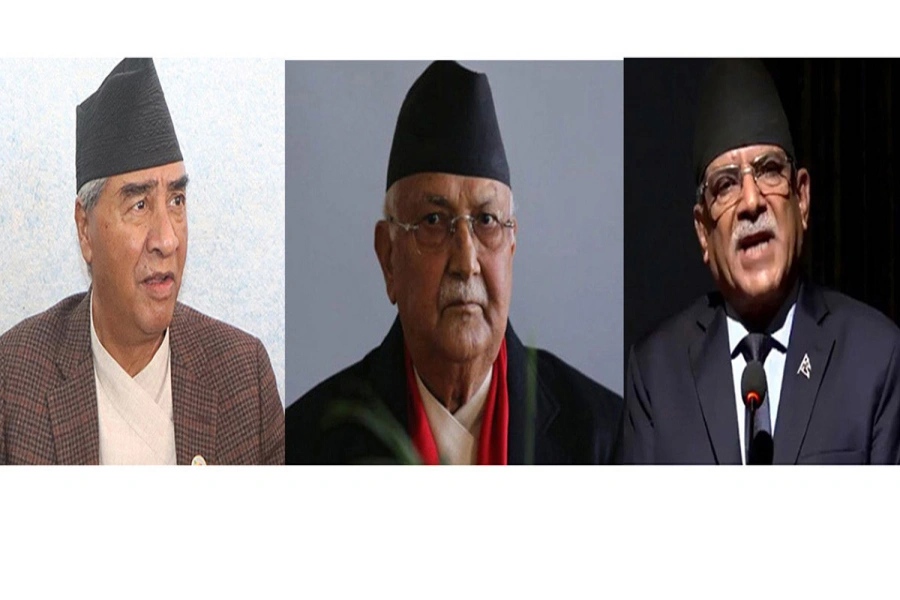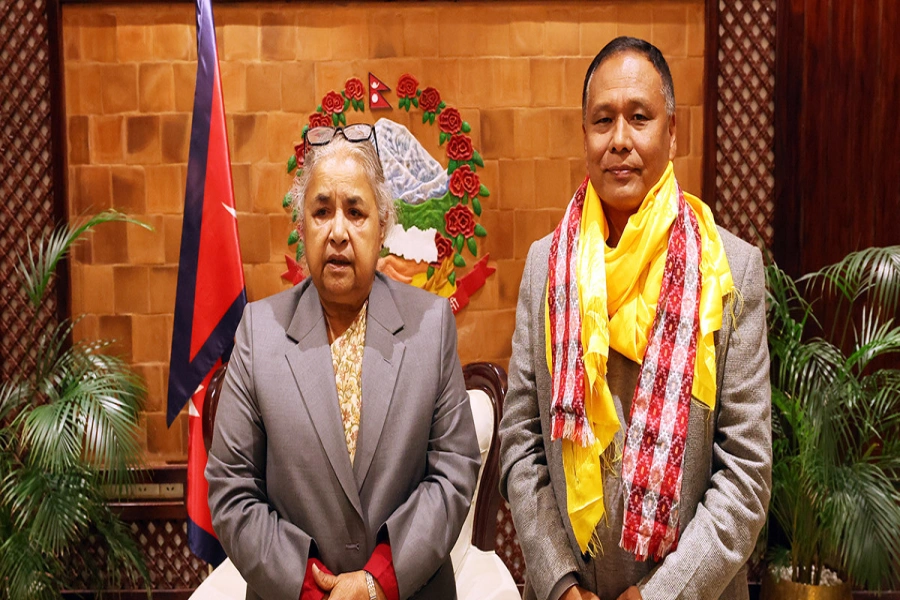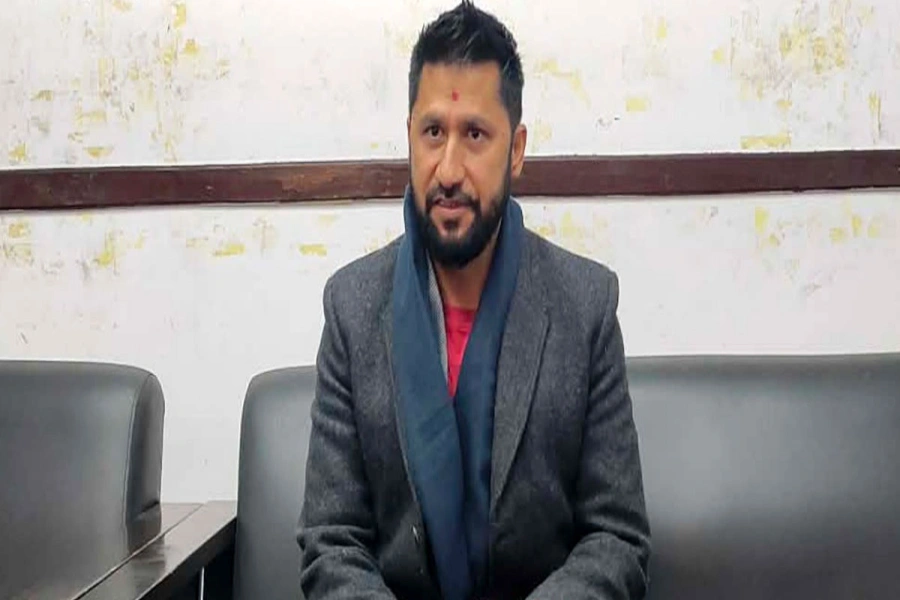The government's decision to recruit undergraduate students from Tribhuvan University and Kathmandu University as interns in government departments deserves our applause and approval. This innovative initiative enables young college students to utilize their skills and knowledge in various government offices, which will ultimately benefit citizens affected by sluggish government service delivery. If everything goes as planned, the decision reached at a recent meeting of the National Problem Resolution Committee, chaired by Prime Minister KP Sharma Oli, will offer several benefits. It will provide students with direct exposure to government processes, therefore improving their practical capabilities and may persuade them to consider public service as a career option rather than flying abroad in hordes. Furthermore, it seeks to alleviate staff drought that have hampered the operation of government offices, particularly in hilly, mountainous, and rural regions. As many government employees are hesitant to leave cities and urban areas, bringing in young interns can fill these gaps and improve service delivery in areas experiencing staff shortages. Likewise, young interns may instill fresh ideas, enthusiasm, and efficiency into our bureaucracy that is frequently rapped for its lackluster performance. The proposed provision to offer stipends for student interns demonstrates the government's commitment to make this program available to interested students from all economic backgrounds. As this ensures that financial restrictions will not be a hindrance to prospective interns, it unquestionably amplifies the program’s success opportunities.
It appears that robust and successful internship programs practiced in many advanced countries have motivated our government to initiate it. Nations such as the United States, Canada, the United Kingdom, and Germany rely heavily on government internship programs to support public administration. These countries have established institutional frameworks for internships in their public sectors, providing young college students and graduates with tailored training and clear paths to long-term careers while emphasizing mentorship and skill development through meaningful assignments that enable interns to make significant contributions to the nation's governance system. For this program to thrive in our country, the government must adopt excellent practices witnessed in other countries. Establishing clear guidelines for intern responsibilities, enhancing supervision procedures, and performance reviews can guarantee benefits for both parties. Meanwhile, senior staff should also be encouraged and advised to engage with interns in order to increase the program’s productivity. Assigning jobs that match with interns’ skills, knowledge, talents, and interests will certainly generate better outcomes. For example, an information technology student may help digitize office documents, whereas a law student may help with legal policy research. Such targeted assignments will not only improve interns' learning experiences but also raise government delivery efficiency.
Agitating interns, resident doctors boycott non-emergency servi...

Despite its several benefits, the internship program has a few problems. A key worry is that permanent and senior officials may be reluctant to assist interns, as working with young trainees may reveal their inefficiencies or compel them to bear extra responsibilities, which may jeopardize the program's objectives. To address this issue, senior staff must be asked to change their mindset and cooperate with trainees. Similarly, if interns are assigned to inferior or menial works or are not actively engaged, their enthusiasm and interest in the program may wane, endangering its productivity and efficiency. It is critical that they are given assignments that keep them motivated. The emphasis on hiring students only from Tribhuvan and Kathmandu Universities may unwittingly discourage students from other universities, giving rise to a sense of exclusion and of institutional inequity. Expanding access to include students from universities around the country is critical for promoting diversity. Nepal's new internship program has potential to address the ongoing challenge of youth migration. Promoting interns to permanent positions can significantly enhance the program’s effectiveness, ensuring that young talent is nurtured and retained in a vital public service sector. While the internship program may have arrived late in Nepal compared to many developed nations, it is a promising and commendable step towards building a capable workforce dedicated to shaping Nepal's public governance as well as its future.

































